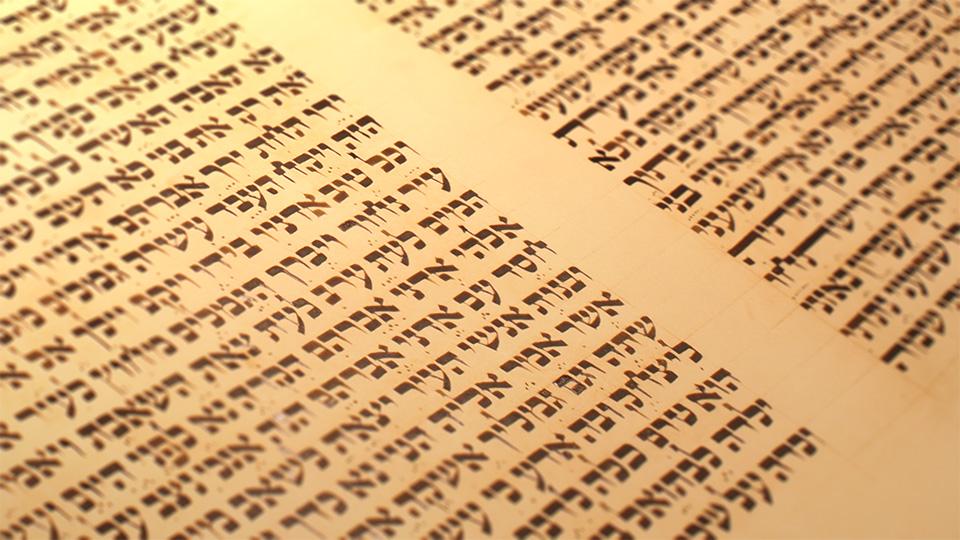Beth Immanuel is a friendly and welcoming community. Click here to learn what to expect when you visit.

Common Questions
Are you Messianic Jews?
Yes. We have Jewish and non-Jewish members. Many of our families are Messianic Jews practiicing an Orthodox form of Messianic Judaism: the religion of Jesus. Messianic Judaism is Judaism in light of the revelation of the New Testament. Some of our members are Messianic Gentiles, that is, Gentile Christians practicing Judaism along with the community as it applies to them.
What are your theological beliefs?
Beth Immanuel is a Messianic Jewish congregation. That means that we are devoted to Yeshua (Jesus of Nazareth) as the Jewish Messiah within the general framework of Judaism. Beth Immanuel accepts and affirms Maimonides' Thirteen Principles of Jewish Belief and confirms the theological statement of the Union of Messianic Jewish Congregations. In addition, the elders of Beth Immanuel have endorsed Paul Levertoff's Ten Principles of the Faith of the Hebrew Christian Church.
Is it OK for non-Jews to attend Beth Immanuel?
Yes. We love visitors. See the visitor's guide.
Do You Have Membership?
Yes. We have both local and long-distance members. Apply for membership here.
Do you have a dress code?
Beth Immanuel does have a suggested dress code for the Sabbath. We ask that men and women wear gender appropriate attire. In addition, we place a high priority on modest dress. Shorts are discouraged. Dresses and skirts should be long enough to cover the knees when seated. Shirts should have sleeves and cover mid-sections. Necklines should not be low-cut. Everything private should be covered. For more details, see the visitor's guide.
What is your leadership structure? or Who is your pastor? or Do you have a rabbi?
Beth Immanuel's leadership consists of a leadership team who share responsibilities. D. Thomas Lancaster currently serves as the principal teacher under the title Maggid. Our full-time chazan develops and leads synagogue services and shares those responsibilities with volunteer cantors. A board of directors makes financial and administrative decisions, and volunteers carry on the business of the community.
